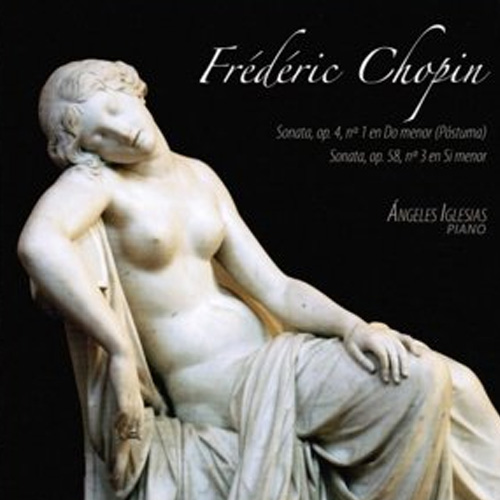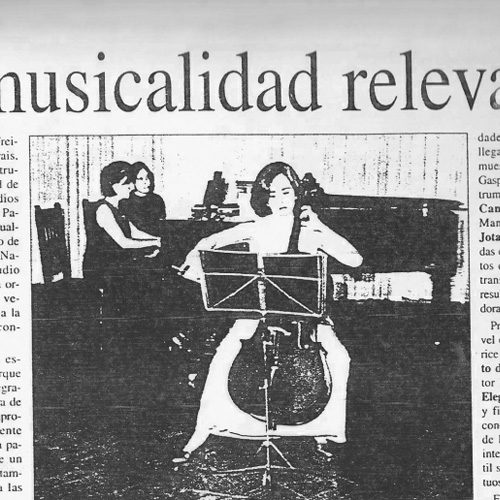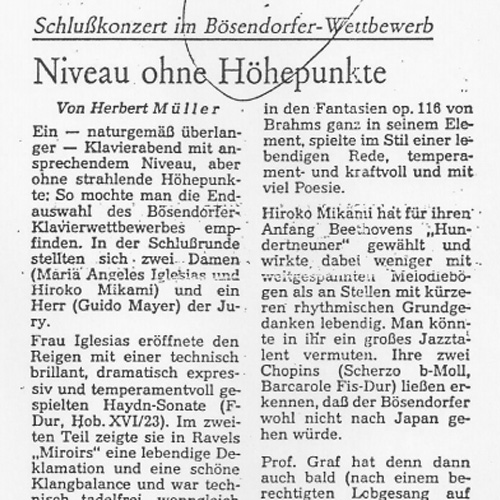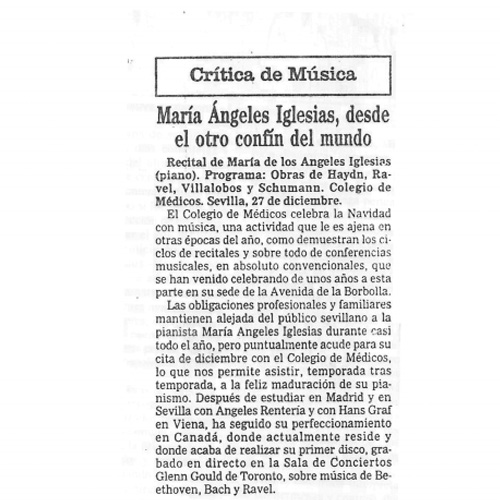
Colin Clarke review
Here is a huge amount to admire here. Ángeles Iglesias is a highly talented pianist who gives Chopin’s First Sonata the care and consideration most lavish on the Second and Third. The First is the jewel here, in fact. Iglesias has the full measure of the First Sonata, structuring the opening Allegro maestoso well and injecting a certain amount of gravitas, even pomp, to the second movement Menuetto (while retaining some of its more playful nature). The heart-felt Larghetto , full of characteristic harmonic shifts, is given with hypnotic concentration. Iglesias’s musings in the above interview that this piece is actually the composer musing philosophically is most believable here. She tackles the finale well also, shaping it cogently and finding plenty of excitement. Previously, the First Sonata has been successfully coupled with other early works (try The Young Chopin , an album on Pavane 6044 by Joanna Trzeciak, who matches the sonata with the four rondos), where the piece is effectively filed away with juvenilia. This alternative method, allowing the piece to stand tall in the presence of its mighty peer, is a method that pays off hugely for Iglesias. She is also blessed with a better recording and also has more of a measure of the piece, particularly in the finale. The Third Sonata enters a completely different arena of competition, of course. Iglesias gives a noble, thought-through account, flexible of rubato yet always respecting the underlying structure. She can tease phrases beautifully (which she does in the first movement), and in listening to her reading, one aspect of her playing crystallizes: Iglesias is laudably spare (but not austere) in her use of pedal, something which enables Chopin’s counterpoint to shine through with great detail. The second movement may not be as flighty as some (Uchida, perhaps) nor delivered with Pollini’s X-ray vision, but it is notable here for its emotional range. The contrasting sections almost enter into the aura of a slow movement. Iglesias finds deep emotion in the famous Largo , if not perhaps plumbing the depths of Uchida; the opening of the finale, though, is built of granite. Iglesias is perfectly attuned to the atmosphere of this movement, evoking a beautiful sound; unfortunately, just occasionally the tension drops. This remains a fine reading, but it is for the First Sonata this disc is notable, and recommendable. Colin Clarke



